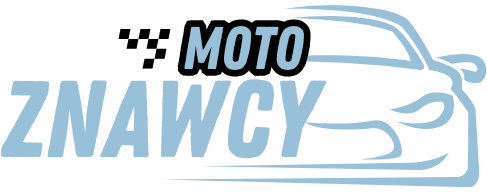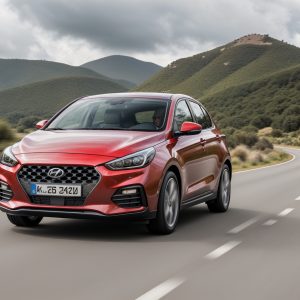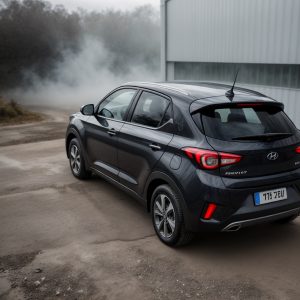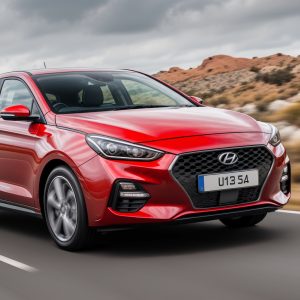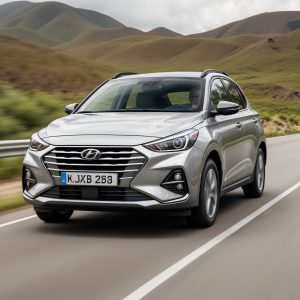Introduction: unveiling the ownership of hyundai
Hyundai, the renowned South Korean automotive giant, has long been a symbol of innovation and reliability in the global automotive industry.
As millions of Hyundai vehicles hit the roads worldwide, there arises a pertinent question: Who truly owns Hyundai?
Delving into the intricacies of corporate ownership and structure, this article aims to unravel the layers of ownership within Hyundai Motor Company and shed light on the stakeholders influencing its direction.
The genesis of hyundai: a brief history
Before we embark on uncovering the ownership of Hyundai, let’s take a step back and glance at its remarkable journey. Founded in 1967 by Chung Ju-Yung, Hyundai Motor Company has evolved from a humble construction firm to a global automotive powerhouse.
Over the decades, Hyundai has expanded its operations exponentially, diversifying into various sectors beyond automobiles, including construction, shipbuilding, and finance.
The hyundai chaebol: understanding the corporate structure
At the heart of Hyundai lies the chaebol structure, a distinctive feature of South Korea’s corporate landscape. Chaebols are large, family-controlled conglomerates with sprawling business interests across multiple industries.
Hyundai Motor Group, the parent company of Hyundai Motor Company, encompasses a vast array of subsidiaries, including Kia Corporation and Hyundai Mobis, among others. Despite being publicly traded, the influence of the founding family, the Chung family, remains significant within the group.
Ownership breakdown: unveiling the stakeholders
While Hyundai Motor Company is publicly traded on the Korea Exchange, the ownership structure reveals a complex web of shareholders. The largest shareholder of Hyundai Motor Company is Hyundai Mobis, which holds a substantial stake in the automaker.
Additionally, institutional investors, including pension funds and asset management firms, own a considerable portion of Hyundai’s shares, exerting influence on corporate decisions through their voting rights.
Challenges and controversies: navigating ownership dynamics
Despite its success, Hyundai has encountered its fair share of challenges and controversies related to ownership and corporate governance. Allegations of nepotism and opaque decision-making processes have plagued the company, prompting calls for greater transparency and accountability.
Moreover, the intricate relationships between Hyundai and its affiliated companies have raised concerns about conflicts of interest and potential market manipulation.
Future prospects: shaping the destiny of hyundai
As Hyundai navigates the rapidly evolving automotive landscape, the question of ownership assumes greater significance. With advancements in electric vehicles, autonomous technology, and sustainability, Hyundai’s future hinges on strategic decisions made by its owners and stakeholders.
Whether it’s embracing electrification or forging strategic partnerships, the direction of Hyundai will undoubtedly shape the future of mobility.
Conclusion: deciphering the ownership puzzle
In conclusion, while Hyundai may appear as a monolithic entity in the automotive realm, its ownership structure reveals a nuanced interplay of stakeholders and interests. From the founding family to institutional investors, various actors exert influence on Hyundai’s trajectory.
As Hyundai continues to innovate and adapt to emerging trends, understanding its ownership dynamics provides valuable insights into the forces shaping the automotive industry’s future.
